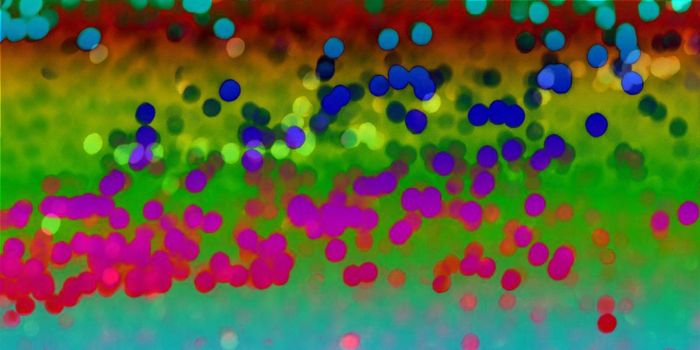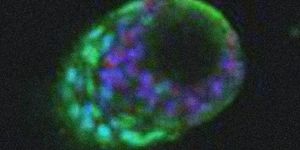A Toxin that Smooths Wrinkles Also Treats Chronic Migraines
Botox, the famous muscle-paralyzing cosmetic treatment for wrinkles, is also an approved treatment for chronic migraine headaches in adults. Similar to microdermabrasion or microneedling, botox therapy can make significant visual improvement to the patients skin, giving them more confidence and a more youthful appearance.
This treatment is a prime example of deriving medical use from a dangerous toxin. The protein used in Botox comes from the bacteria Clostridium botulinum, which can kill more than 1 billion people with just a single teaspoon of its toxins. However, in minute quantities, the protein can target specific muscles. In the case of chronic migraines, Botox inhibits certain neurotransmitters, which has the effect of suppressing pains associated with headaches.
While this treatment may be an effective treatment for the 12% of Americans suffering from chronic, debilitating migraines, the cure is not without side effects - Botox is derived from a deadly toxin, after all. Specifically, symptoms similar to botulism, like muscle weakness, may spread from the site of injection to other parts of the body. But so far, the FDA has not documented any such cases with Botox injections for migraines.








